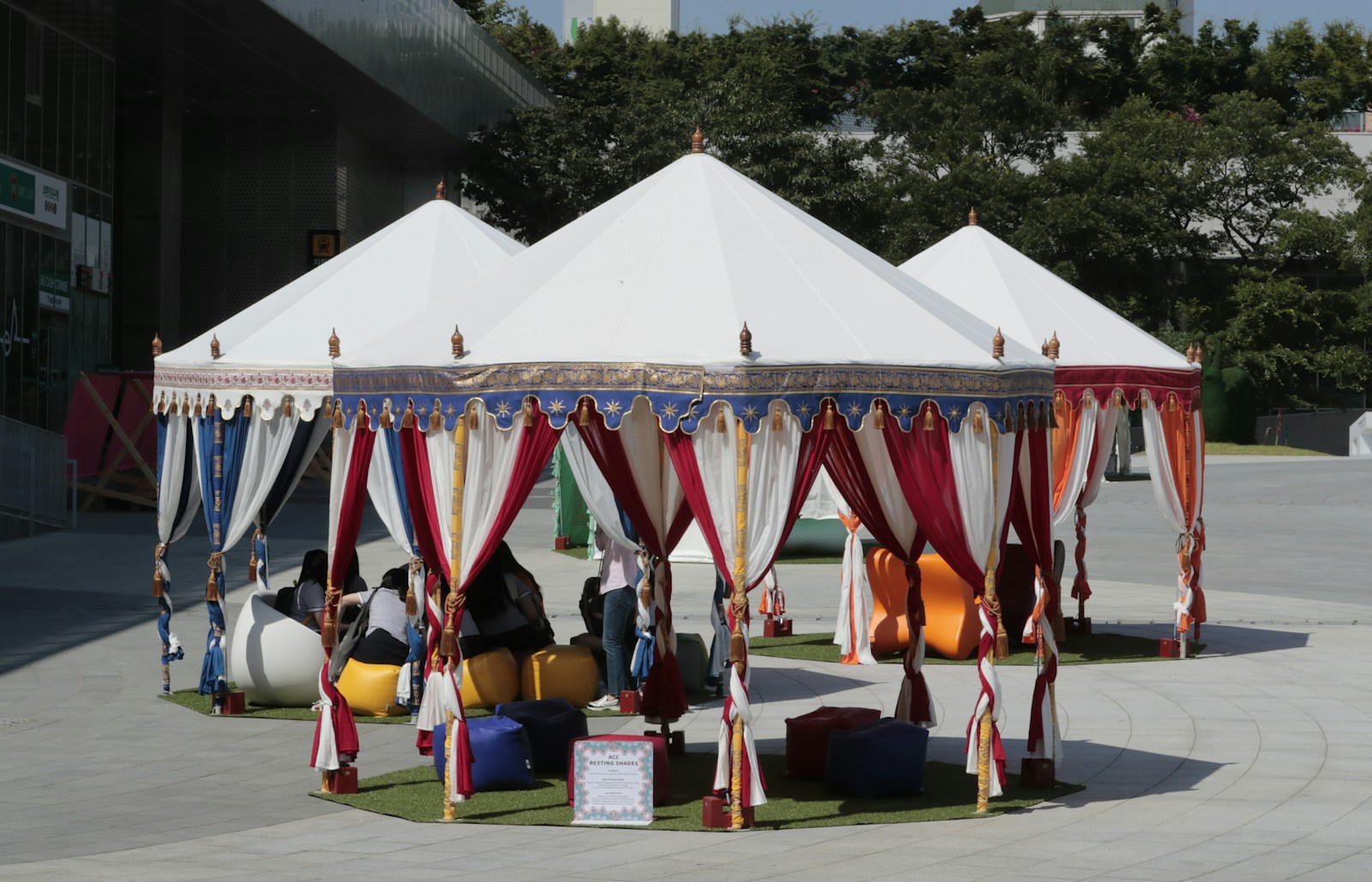
庇护所
bìhùsuǒ

shelter
The Chinese word '庇护所' is used to describe a place providing temporary accommodation, a refuge, or protection from danger or distress, similar to how 'shelter' is used in English. It could refer to something as small as a tent or as large as a building or facility, depending on the context it is being used.
Example sentences using: 庇护所
他找到了一个庇护所.
Tā zhǎodào le yīgè bìhùsuǒ.

He found a sanctuary.
This sentence indicates that someone has found a safe place or refuge, referred to as a sanctuary (庇护所) in this context.
庇护所里的人都很友好.
Bìhùsuǒ lǐ de rén dōu hěn yǒuhǎo.

The people in the sanctuary are all very friendly.
Here, it's described how the individuals located within a sanctuary (庇护所) are quite sociable and kind-hearted.
我在战争中找到了一个庇护所.
Wǒ zài zhànzhēng zhōng zhǎodào le yīgè bìhùsuǒ.

I found a sanctuary during the war.
This sentence narrates the speaker's personal experience of locating a safe place (庇护所) amid a war.
庇护所为那些需要的人提供帮助.
Bìhùsuǒ wèi nàxiē xūyào de rén tígōng bāngzhù.

The sanctuary provides help for those in need.
The sanctuary (庇护所) is portrayed as a source of comfort and aid for individuals in need in this statement.
庇护所危在旦夕.
Bìhùsuǒ wēi zài dàn xī.

The sanctuary is in imminent danger.
In this sentence, the sanctuary (庇护所) is said to be on the verge of extensive harm or damage in immediate future.
庇护所是他们的希望之所在.
Bìhùsuǒ shì tāmen de xīwàng zhī suǒ zài.

The sanctuary is where their hopes lie.
In this example, the sanctuary (庇护所) is metaphorically declared as the root of individuals' hope and aspirations.
庇护所的墙壁上写满了涂鸦.
Bìhùsuǒ de qiángbì shàng xiě mǎnle túyā.

The walls of the sanctuary are filled with graffiti.
This sentence describes a situation where the walls of the sanctuary (庇护所) are covered in graffiti.
庇护所的大门紧闭,没有人能进入.
Bìhùsuǒ de dàmén jǐn bì, méiyǒu rén néng jìnrù.

The sanctuary's door is tightly closed, no one can enter.
Here, the sanctuary (庇护所) is portrayed as completely inaccessible due to its doors being closed tightly.
这个城市需要更多的庇护所.
Zhège chéngshì xūyào gèngduō de bìhùsuǒ.

This city needs more sanctuaries.
In this sentence, it's stated that a particular city requires an increased number of safe places or refuges (庇护所).
庇护所在山的另一边.
Bìhùsuǒ zài shān de lìng yī biān.

The sanctuary is on the other side of the mountain.
In this sentence, the geography or specific location of a sanctuary (庇护所) is disclosed—the other side of a mountain.